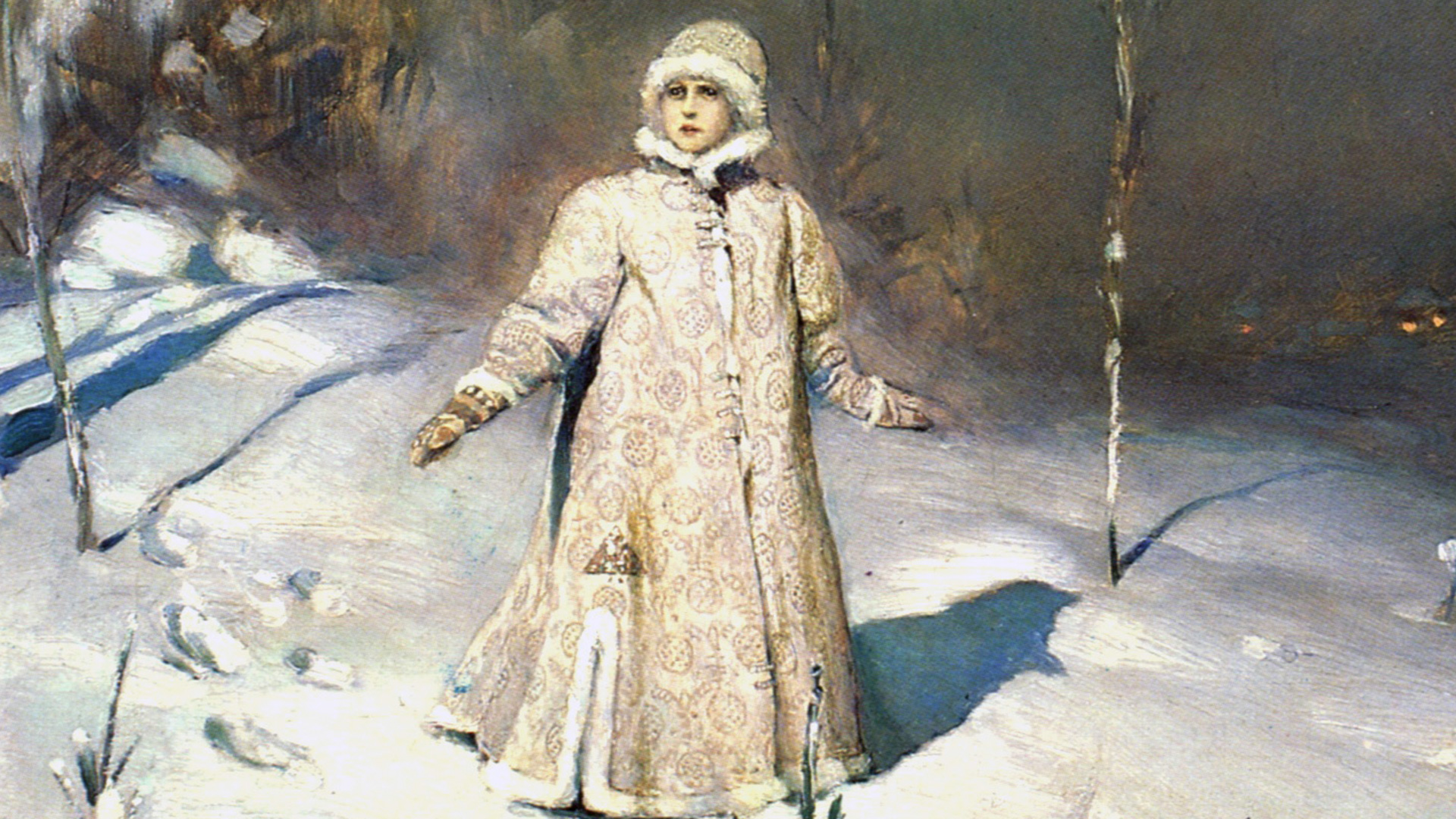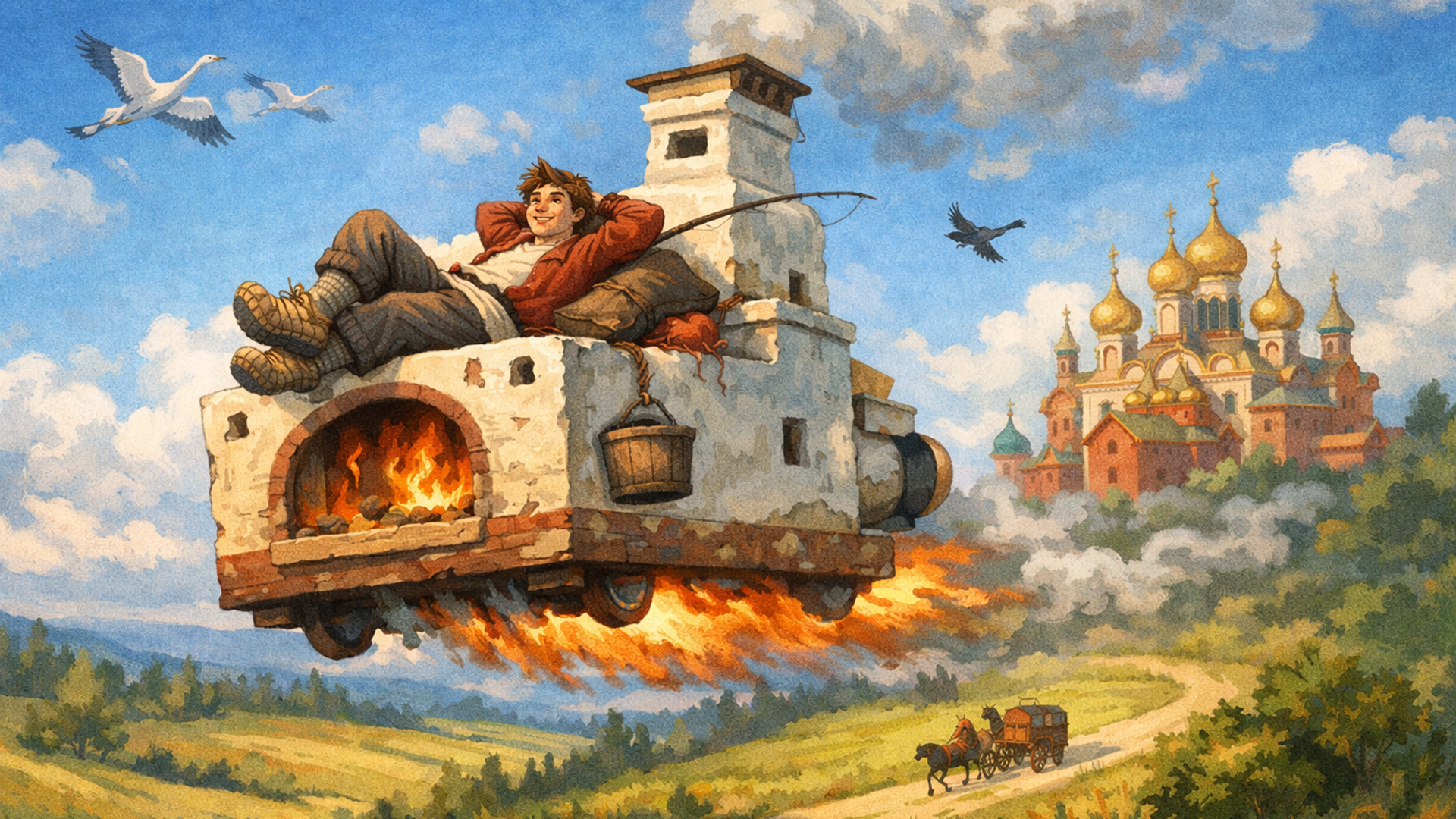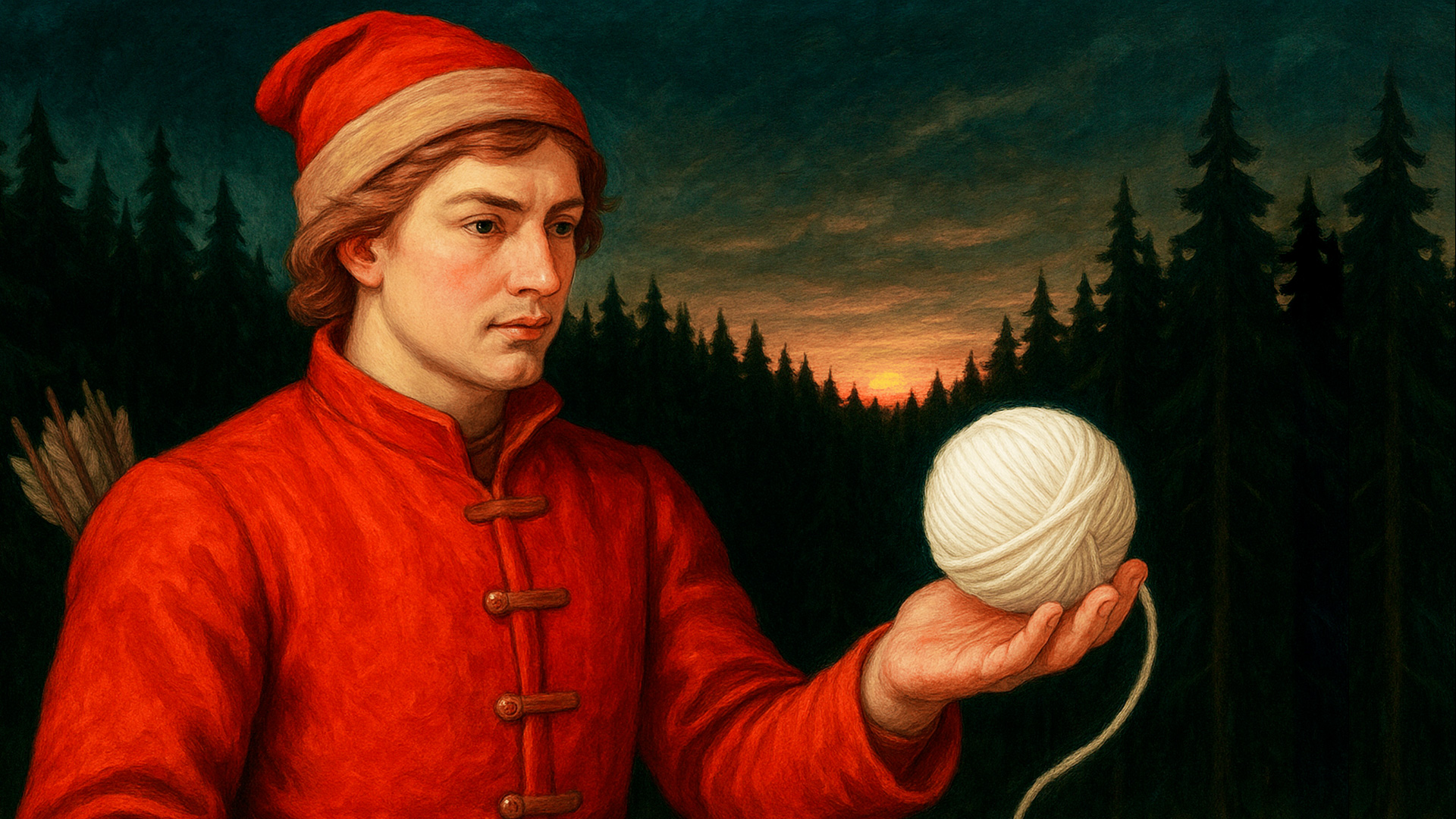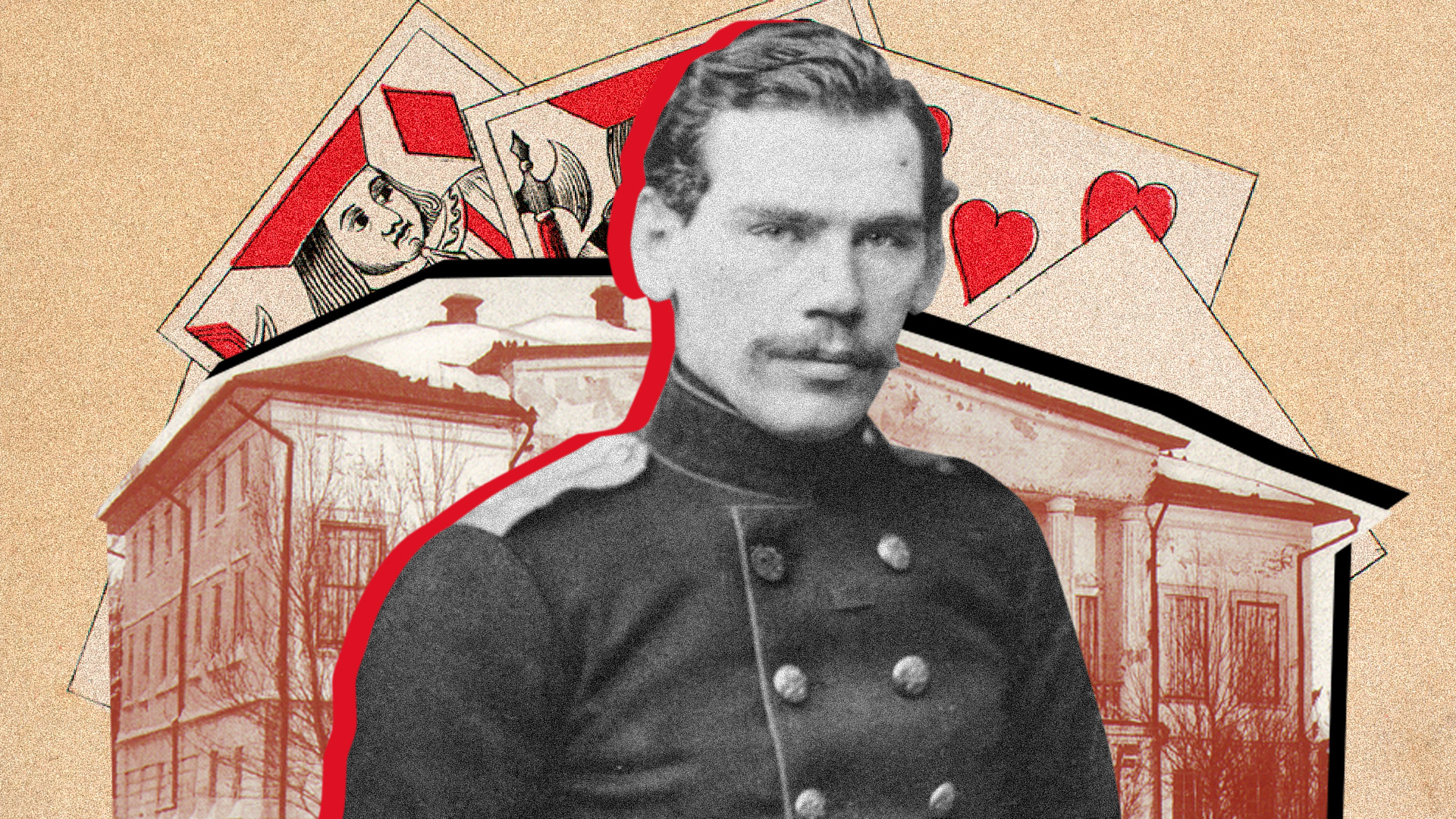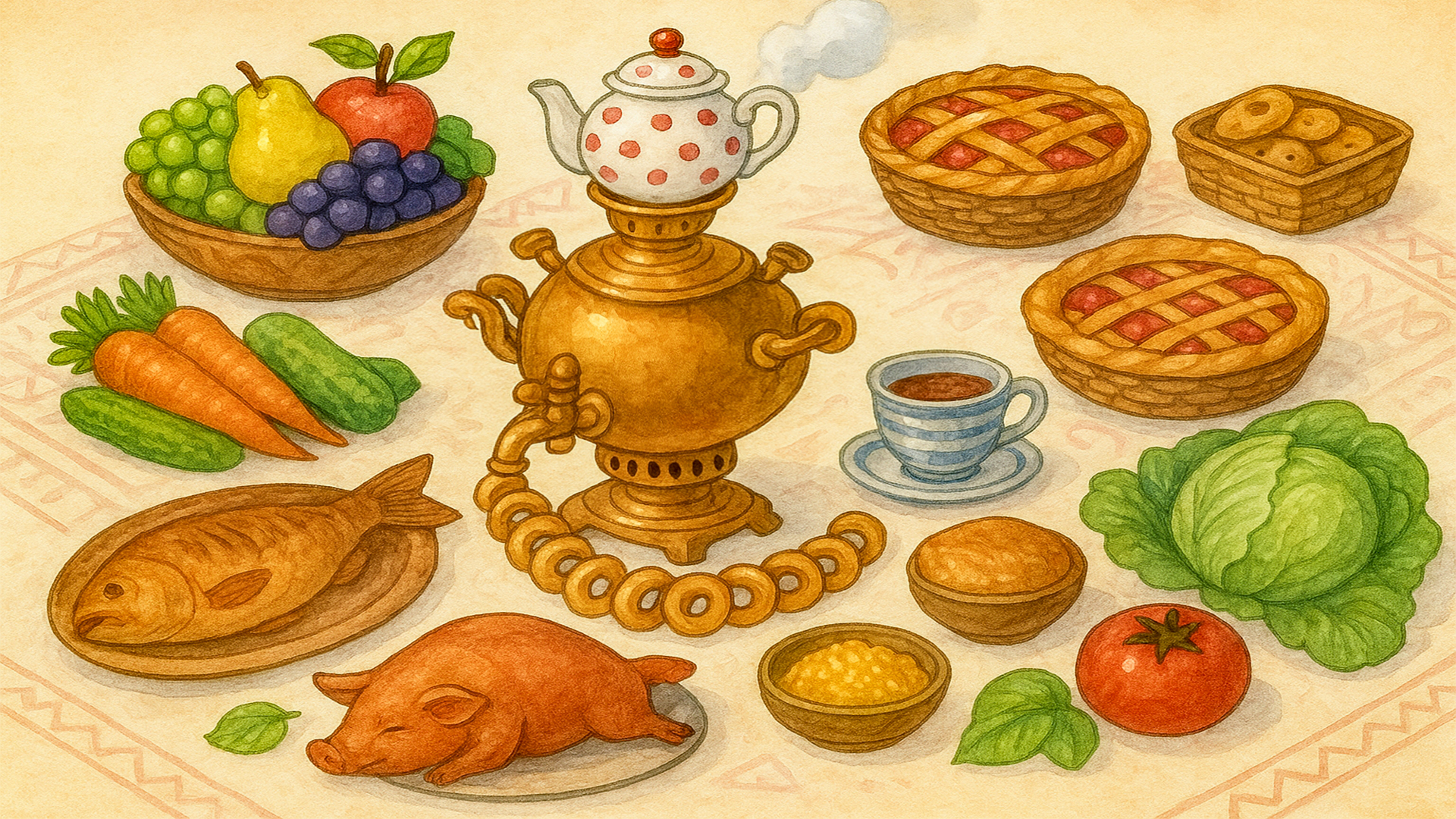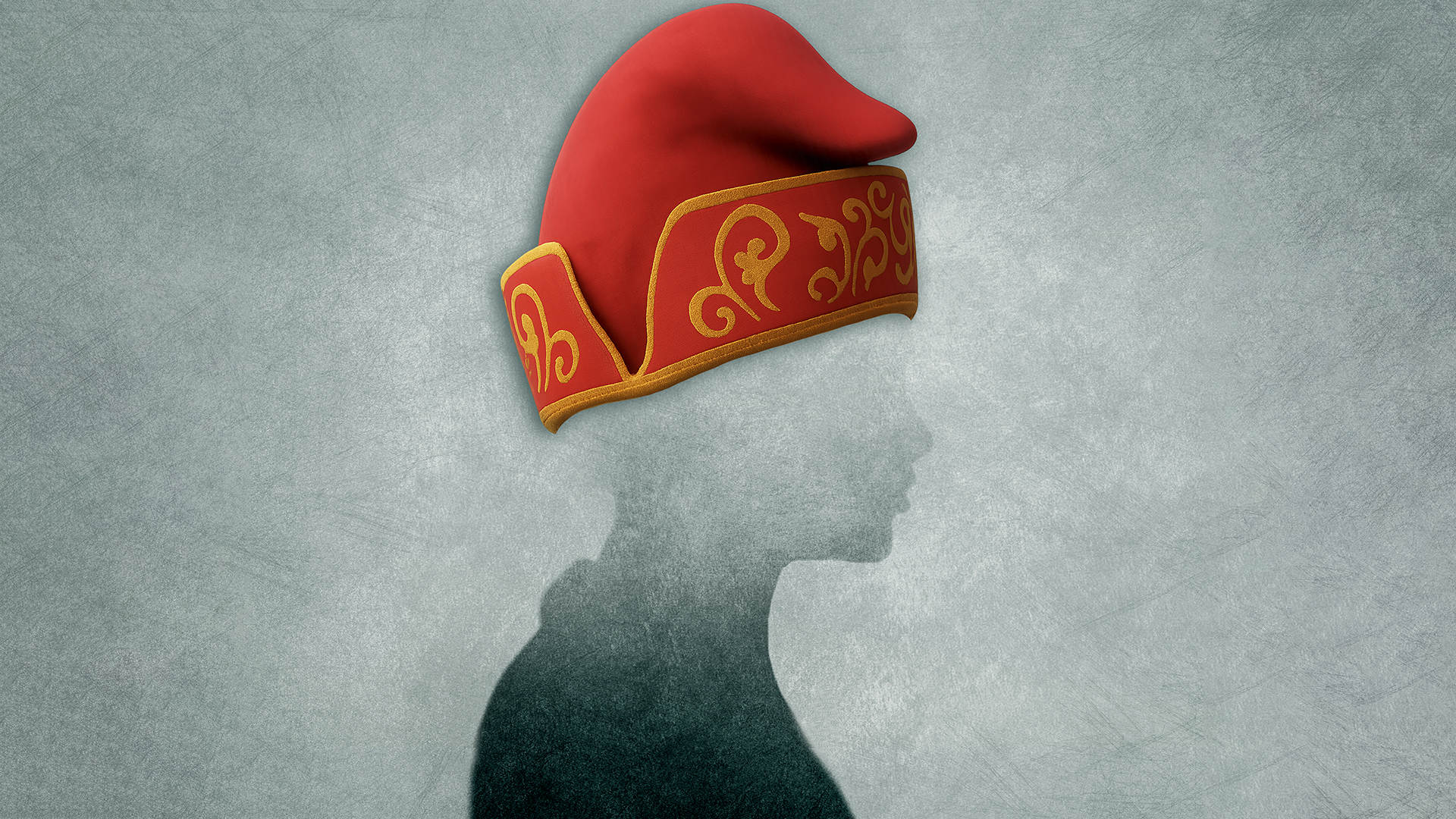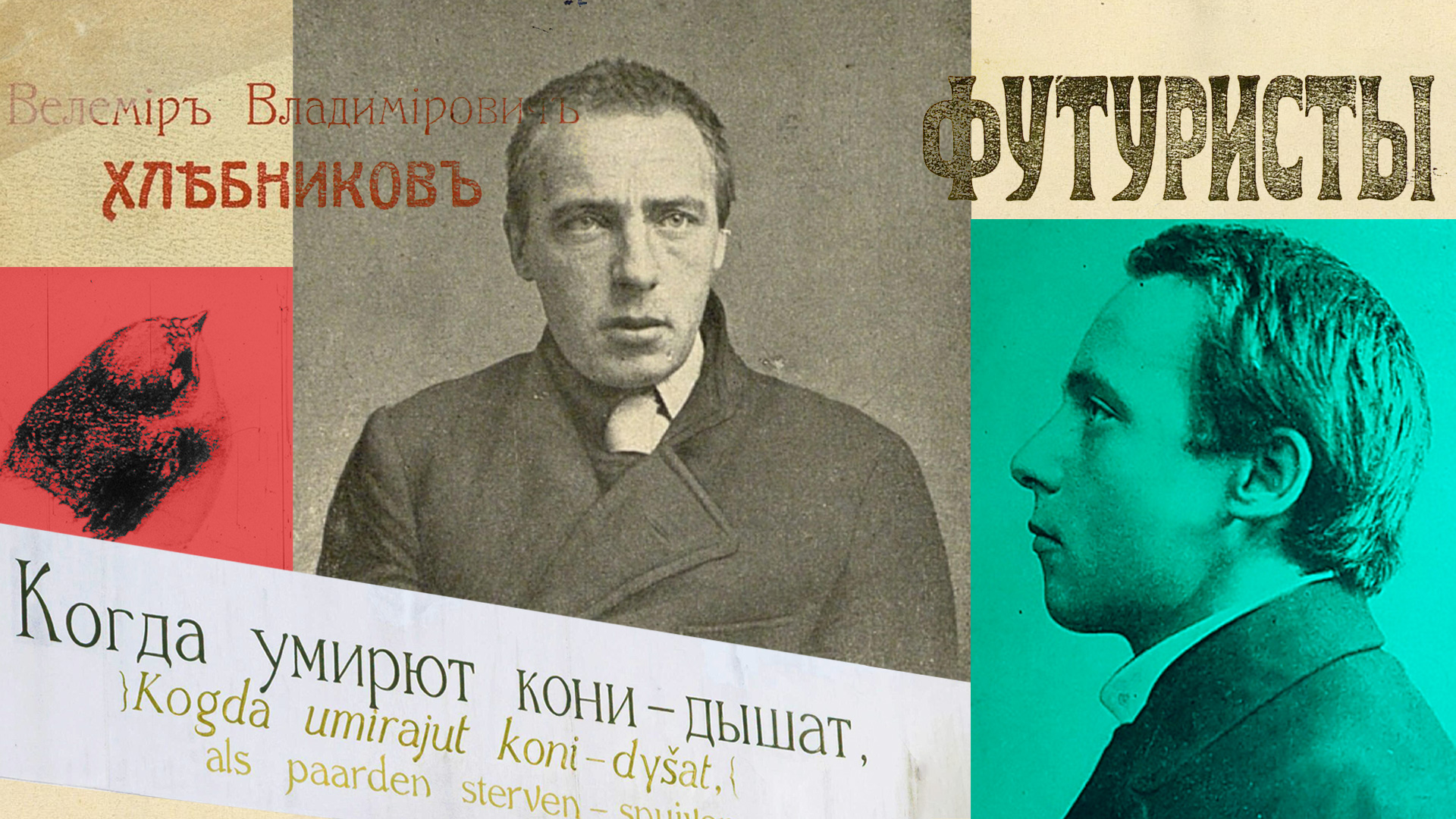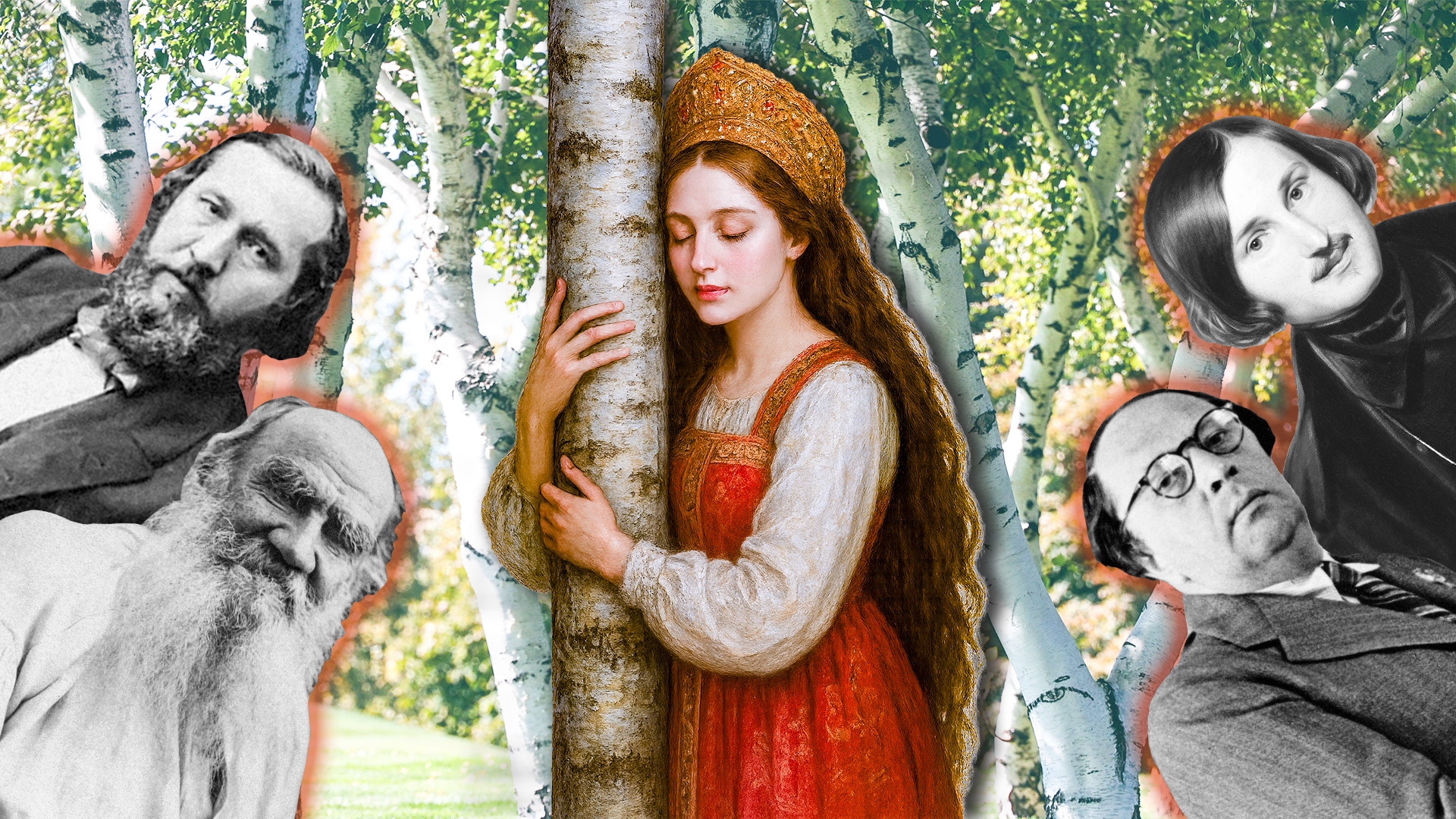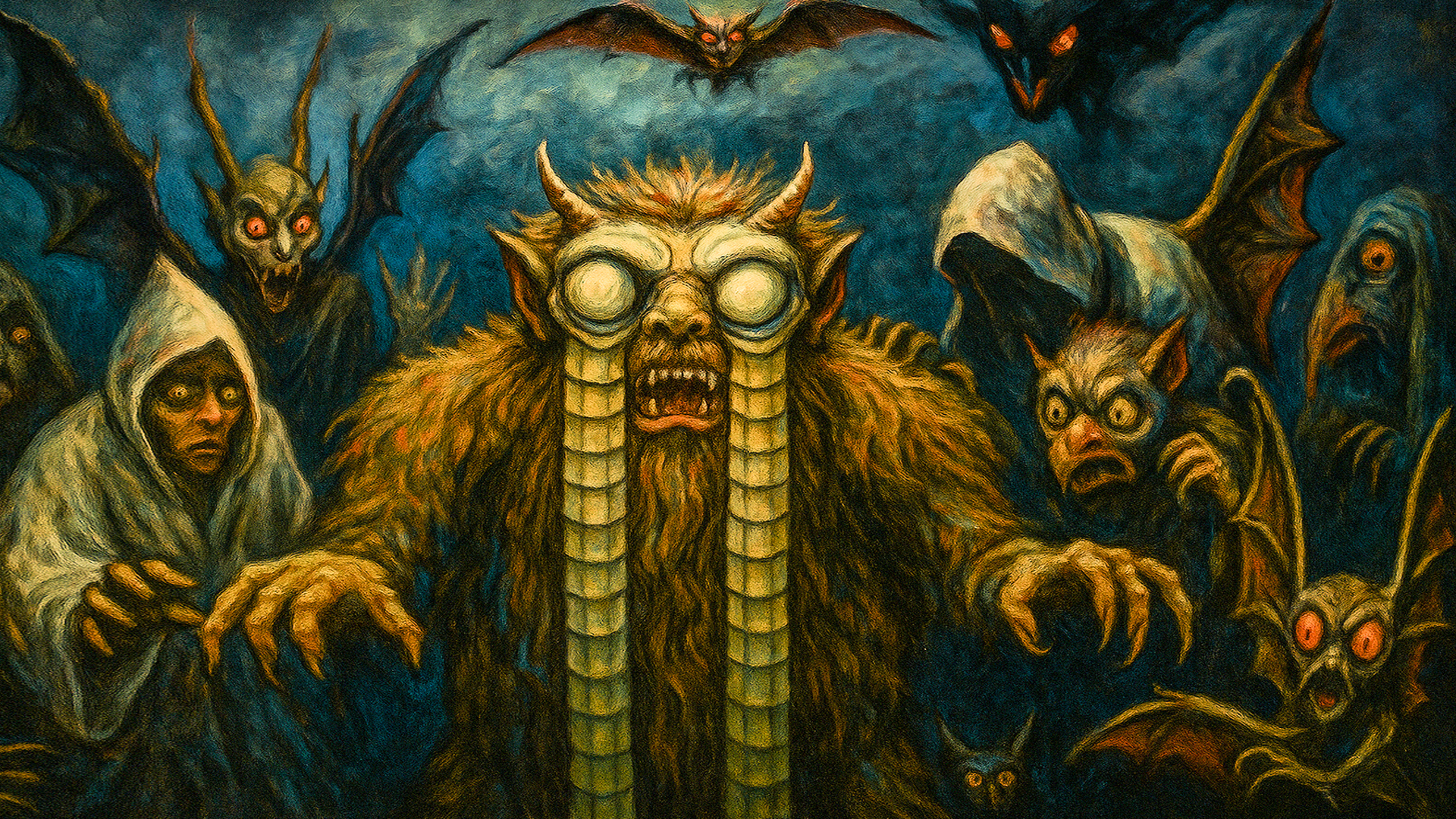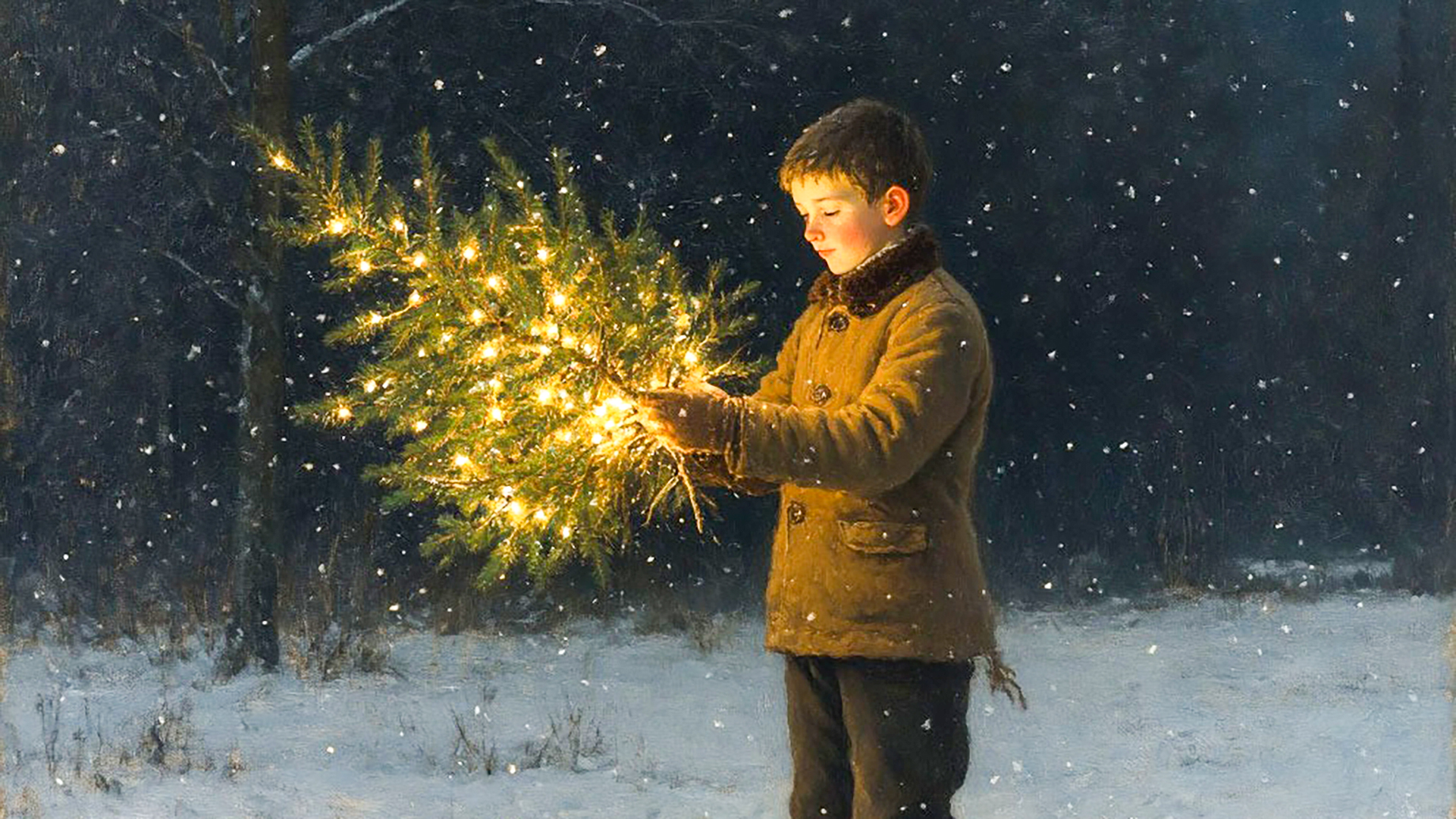
Why are Arkady & Boris Strugatsky the USSR’s main science fiction writers?
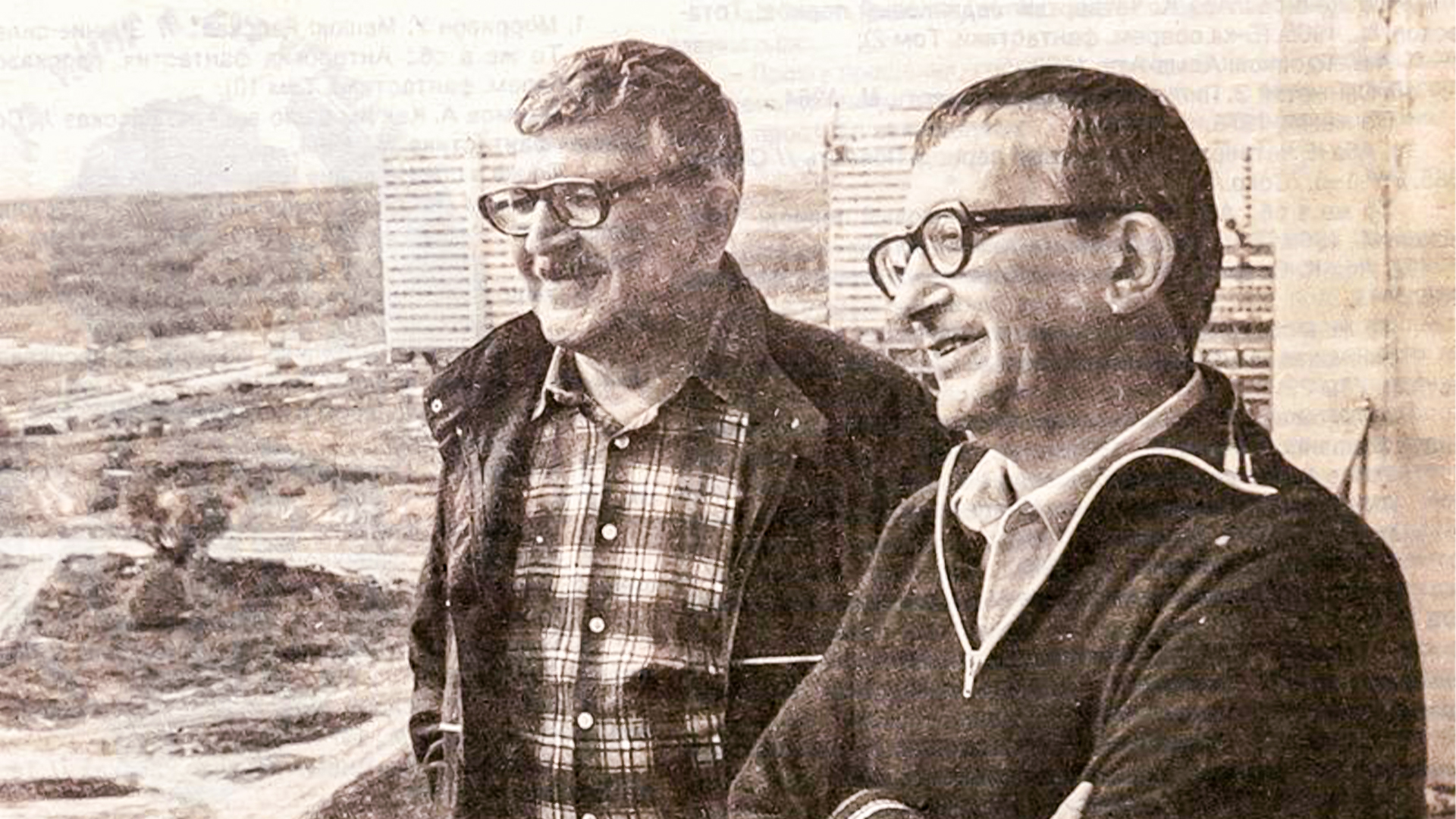
They were nicknamed ‘ABS’ – brothers Arkady and Boris Strugatsky. Arkady was the elder, Boris the younger. Arkady was a translator from English and Japanese, while Boris was an astrophysicist. Arkady was emotional, impulsive, but Boris was, in contrast, a calm monogamist. In essence, wave and stone, poetry and prose, ice and fire. However, without their co-authored works, it’s impossible to imagine the history of Soviet literature.
They wrote together: Arkady sat at the typewriter, while Boris would pace the room. “Our work was almost a constant argument,” Boris Strugatsky later recalled. “In my opinion, working together should be a constant argument, otherwise nothing will work out. We had a rule: If you don’t agree with a phrase suggested by your co-author, suggest your own version. And so on until all the options are exhausted. In the worst case, lots are cast and the loser, grumbling, submits to fate.” This co-authorship produced ‘The Land of Crimson Clouds’, ‘Noon, 22nd Century’, ‘It’s Hard to Be a God’, ‘Monday Begins on Saturday’, ‘Predatory Things of the Century’, ‘Snail on the Slope’, ‘Ugly Swans’, ‘Inhabited Island’, ‘Roadside Picnic’, ‘The Doomed City’, and other cult works of the 1960s-1980s. So, why did readers love them so much?
Their works are more than just science fiction
The creative tandem of "physicist" Boris and "lyricist" Arkady gave their joint texts ideological and philosophical depth. They wrote more than just science fiction. They wrote "the history of the future", believed in knowledge, progress, good will and that tomorrow simply had to be better than today. It's hard to say whether their predictions actually came true. But, there is no doubt that an entire generation of smart, educated, intelligent readers grew up on their books, who believed in the same ideas and built the trajectories of their lives according to the same principles.
They wrote genuine literature
“We loved [H. G.] Wells, [Karel] Čapek and [Arthur] Conan Doyle madly and it seemed to us that we knew how to write so that it would be interesting to read,” Boris Strugatsky once said in an interview.
Arkady and Boris were born into the family of art critic Nathan Strugatsky. From a young age, he instilled in his children a taste for good literature and knowledge of foreign languages allowed them to read many textbook texts of world literature in their original language.
They created an entire universe
About a dozen of the Strugatskys' works are related to the ‘World of Noon’ in one way or another. In this world, space exploration and the victory of world communism are combined with reflections on fascism, totalitarianism, non-resistance to evil by violence and other basic ideas that occupied the minds of thinkers in the second half of the 20th century.
Oppositionality
“Oppositionality is the main spice of our literature. Without opposition, our literature becomes bland or cloying or even inedible. Any literature, I note, not just fantasy. However, reality is multifaceted and diverse, opposition to power is far from the only core on which modern texts are strung,” said Boris Strugatsky. The uniqueness of the authorial duo, among other things, was that, while some of their works were sent to the shelf by censors for being too topical, others became bestsellers.
They have a sense of humor
The works of the Strugatsky brothers are not only clever and interesting (they loved gripping plots in the spirit of Alexandre Dumas and Robert Louis Stevenson). They are often also humorous. For example, their novel ‘Monday Begins on Saturday’ or the script for the movie ‘Charodei’ (‘Magicians’, 1982) written based on it have become the subject of many quotes. "Unfortunately, fools are more stupid in real life than in fairy tales"; "See the goal, believe in yourself and not notice obstacles!"; "Being crazy or in love is the same thing in medicine"; "Today, great… – …content is attached to form"; "We are still looking for the invisibility cloak!" – these are just a few of the phrases that are still often quoted by Russians.


